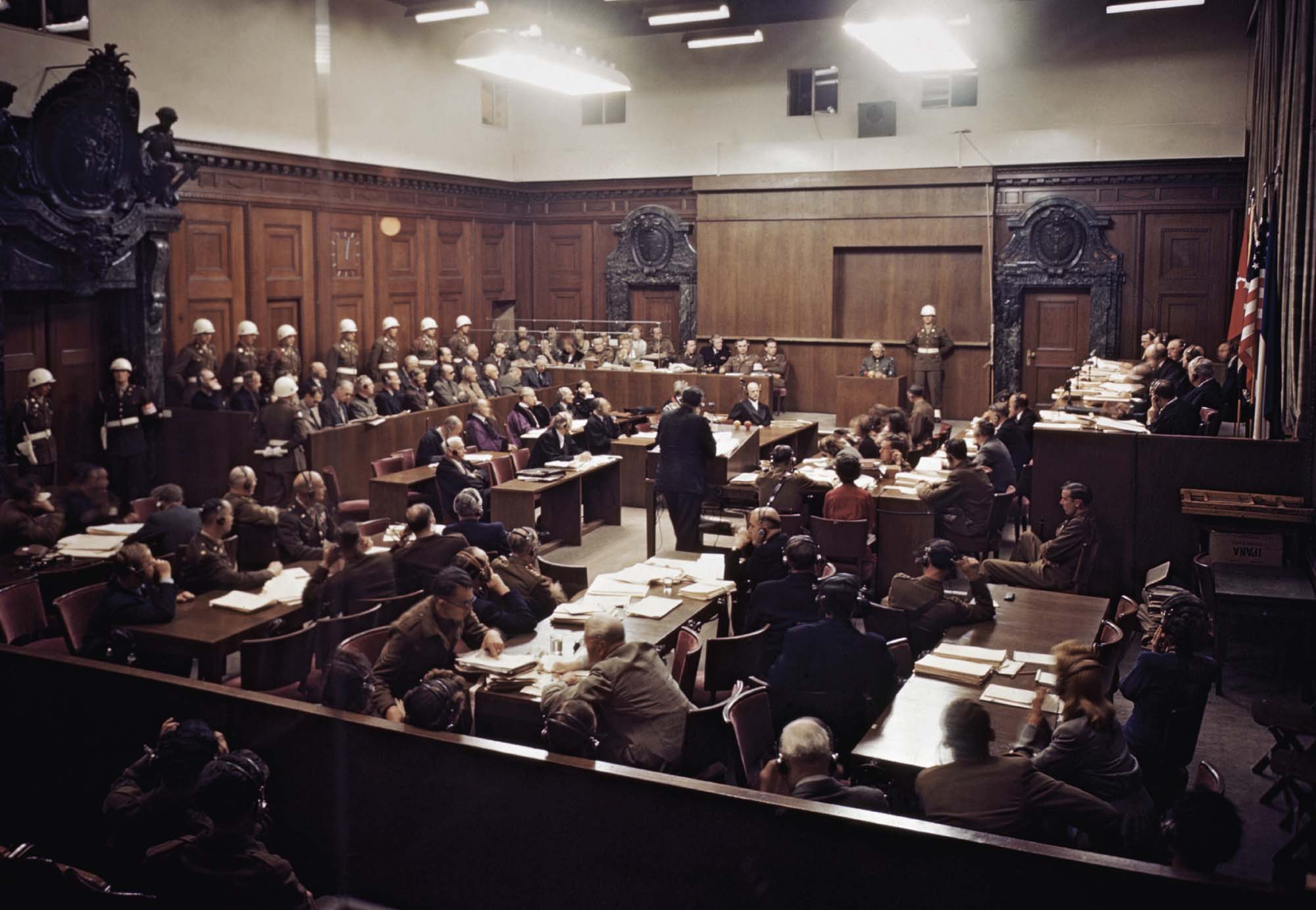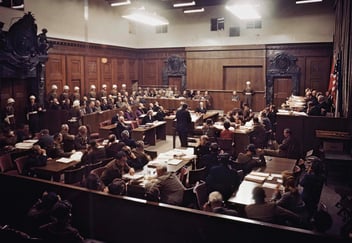The courtroom was charged with a tension that seemed to reverberate in the very air. Ahmad rose to speak, and his words carried a gravity that silenced even the murmurs of skepticism in the gallery. “Public health,” he began, “is a sacred trust—a commitment to protect and nurture the well-being of society. Yet, in recent years, this trust has been twisted, subverted, and weaponized against the very people it is meant to serve.”
Ahmad’s voice cut through the room like a scalpel, precise and deliberate. His claim was stark: public health, long a symbol of humanity’s collective progress, had been transformed into an instrument of control. Under the guise of safeguarding life, policies were enacted that compromised liberty, eroded trust, and paved the way for systems of unprecedented surveillance.
The False Benevolence of Public Health Crises
Ahmad began his argument with a simple yet profound observation: crises breed compliance. Throughout history, he argued, emergencies—real or contrived—had been exploited to justify sweeping measures that would otherwise be unthinkable. “The pandemic of our time,” he declared, “was no exception.”
He recounted how the global response to COVID-19, though ostensibly aimed at protecting lives, had devolved into a systematic dismantling of fundamental freedoms. Lockdowns confined entire populations to their homes, separating families and stifling livelihoods. Digital health passes emerged, ostensibly to control the spread of disease, but in practice, they served to track and control individuals.
“Under the banner of public health,” Ahmad said, “freedom of movement became a privilege, not a right. The human body itself became a battleground, as genetic therapies marketed as vaccines were imposed without sufficient transparency or consent.”
The Rise of Technocratic Tyranny
Central to Ahmad’s critique was the role of technology in this new regime of control. The integration of health data with artificial intelligence and blockchain systems, he argued, represented a profound shift in the balance of power. Governments and corporations now wielded tools capable of monitoring not just behavior but biology.
He painted a chilling picture of a future where access to basic rights—education, employment, even healthcare itself—could be denied based on one’s compliance with health mandates. “Imagine a mother,” Ahmad said, “denied entry to a hospital to see her child because her biometric health pass flagged her as non-compliant. Or a laborer, unable to feed his family because his vaccination status rendered him unemployable. These are not hypotheticals. These are realities.”
The Ethical Abyss of Coercion
Ahmad’s argument did not rest solely on the practical implications of these policies. He delved into their moral and ethical dimensions, questioning the legitimacy of using fear as a tool of governance. “When did the state,” he asked, “gain the right to dictate what we inject into our bodies? When did public health become a justification for coercion rather than compassion?”
He invoked the principles of informed consent, a cornerstone of medical ethics that had been all but abandoned in the rush to enforce compliance. “The essence of medical care,” Ahmad said, “is trust. Without consent, there is no care—only control.”
The Manufactured Crisis
The heart of Ahmad’s argument lay in his assertion that the pandemic was not merely a natural calamity but a manufactured crisis, exploited to advance the agendas of global elites. He cited the rapid implementation of policies like the International Health Regulations (IHR) amendments and the push for digital health IDs as evidence of premeditated intent.
“Consider this,” Ahmad said. “Months before the first cases of COVID-19 were reported, simulations like Event 201 rehearsed the very scenarios that unfolded. Within weeks of the outbreak, books and policies were published, outlining a ‘Great Reset’ that conveniently aligned with the measures being imposed. These are not coincidences—they are patterns.”
The Betrayal of Trust
Ahmad’s critique extended beyond governments to include international organizations and corporations. He accused entities like the World Health Organization (WHO) and pharmaceutical giants of prioritizing profit and power over people. “When public health is commodified,” he argued, “it ceases to be about health. It becomes a tool—a weapon in the hands of those who seek to control.”
He cited instances where alternative treatments were suppressed, dissenting voices silenced, and critical questions dismissed. “This is not science,” Ahmad declared. “Science thrives on inquiry, on debate. What we witnessed was dogma, enforced through censorship and fear.”
The Call for Accountability
The weight of Ahmad’s words rested heavily on the courtroom as he concluded his argument. He called for a reckoning—a demand for accountability from those who had exploited public health for their own ends. “The sanctity of public health must be restored,” he said. “It cannot be a shield for tyranny or a mask for greed. It must return to its true purpose: the protection of life, liberty, and dignity.”
Ahmad urged the court to consider the broader implications of its judgment. “This case is not just about Malaysia,” he said. “It is about the world. It is about every individual who has been silenced, coerced, or marginalized in the name of public health. It is about reclaiming the trust that has been betrayed.”
A Reflection for the Future
As the day’s proceedings came to a close, the courtroom buzzed with an uneasy realization. Ahmad’s arguments had laid bare not just the flaws of the present but the dangers of the path ahead. His words were a call to vigilance, a reminder that the health of a society cannot be measured in metrics alone. It must be seen in the faces of its people—in their freedom, their dignity, and their trust in the systems meant to serve them.
In the fight for justice, Ahmad reminded the world that public health is not an end in itself. It is a means—a means to nurture the well-being of humanity, not to diminish it. The battle was far from over, but in this courtroom, a light had been lit—a beacon of hope in the shadow of a weaponized trust.




